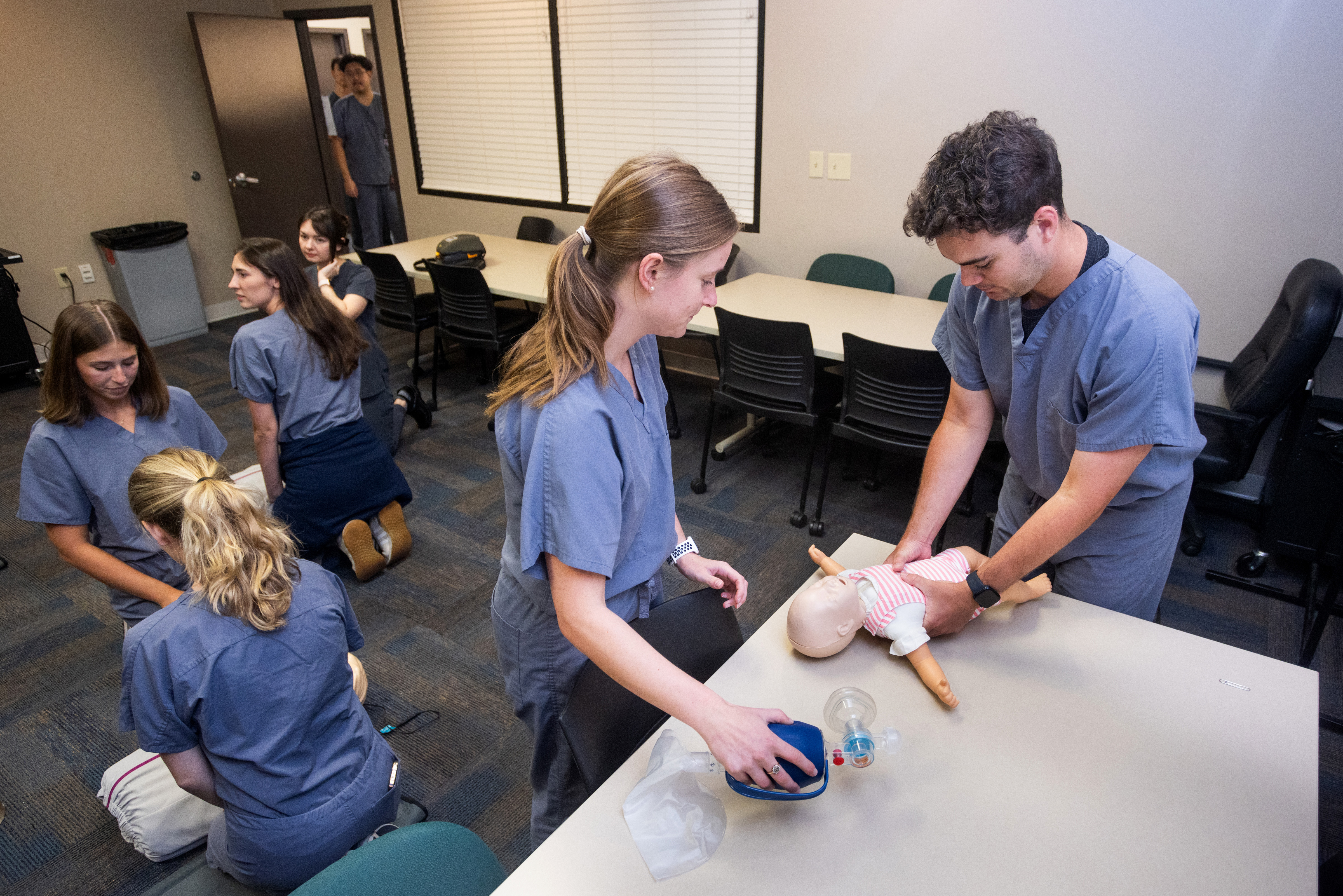An associate professor of biochemistry and molecular biology and pharmacology at the Whiddon College of Medicine, Prakash is set to receive the award during the 55th annual meeting of the EMGS in Palm Springs, California, in September.
“I am deeply honored to receive the Sam Wilson Award for DNA Repair,” Prakash said. “Though I didn’t train directly under Sam, he was a mentor to me in many ways. His passing left a significant void in the scientific community, but his legacy lives on through his many trainees, several of whom are my close colleagues and collaborators.”
Created in honor of scientist Samuel H. Wilson, M.D., the award is given to provide career advancement opportunities for the next generation of environmental health scientists. Award candidates are evaluated based on their teaching experience, commitment to mentorship and their recent scientific accomplishments.
Prakash was chosen from among applications submitted by investigators within 10 years of starting an independent position.
Prakash has been invited to give an oral presentation in a symposium or platform session during the annual meeting and will be awarded a travel stipend. The title for her talk and abstract is “Gene-Environment Synergisms and Their Role in Cancer.”
Prakash joined the USA Health Mitchell Cancer Institute in 2016 as an assistant professor of oncologic sciences after completing her post-doctoral research at the University of Vermont. Her work focuses on DNA repair mechanisms in mitochondria. She earned her Ph.D. in cancer research at the University of Nebraska Medical Center in 2010. She also received specialized training in crystallography at Brookhaven National Labs in Long Island, New York.
Wilson was a leader in the field and made substantial contributions to base excision repair (BER). He was also a dedicated mentor, and many of his trainees became significant players in the field of DNA repair, studying the impact of DNA repair pathways on environmental health. He served as deputy director of the National Institute of Environmental Health Sciences from 1996 to 2007. He was acting director of the NIEHS and the National Toxicology Program from 2007 to 2009.
“What I admired most about Sam was his ability to offer thoughtful comments, even during the toughest times,” Prakash said. “He always knew how to encourage and uplift others when they needed it most. His wisdom and kindness continue to inspire us all.
The EMGS was founded in 1969 to provide a forum for the establishment and support of scientists in environmental mutagenesis. Although the initial focus was on germ-cell mutagenesis, the interests of the society expanded to encompass all areas of mutagenesis, including mutational mechanisms, development of test methods, molecular epidemiology, biomarkers, and risk assessment.










